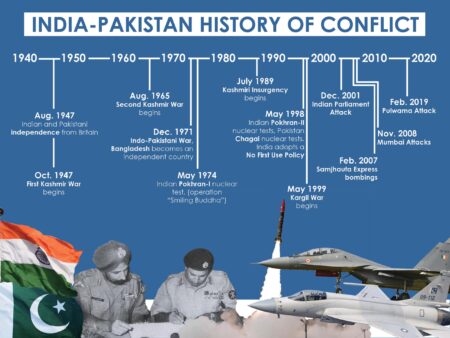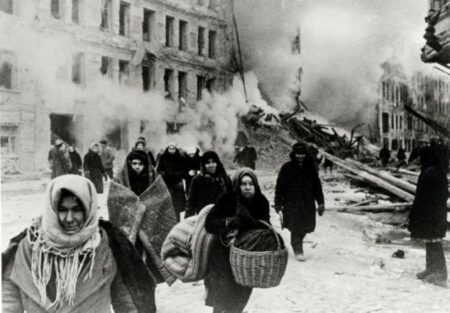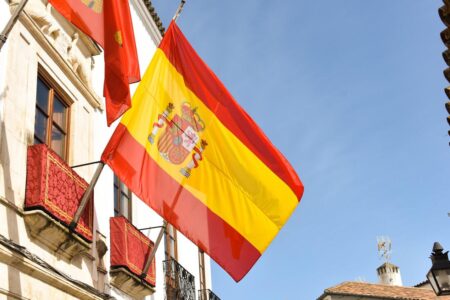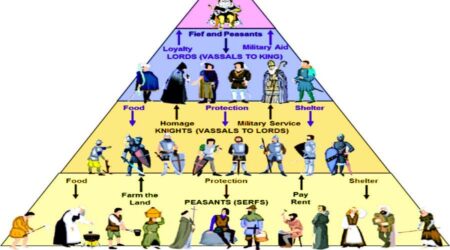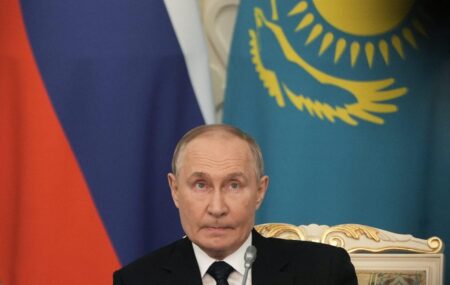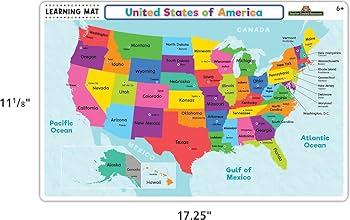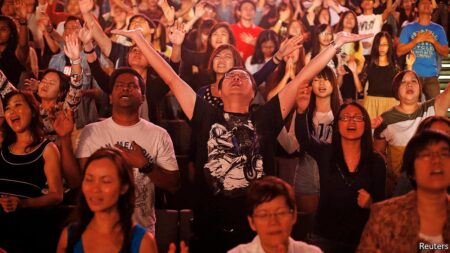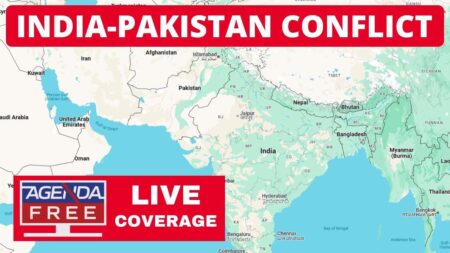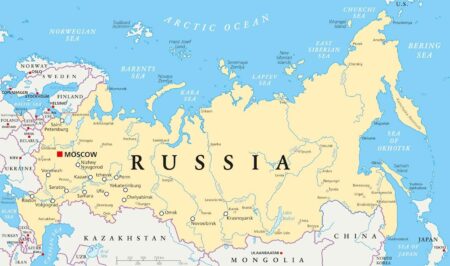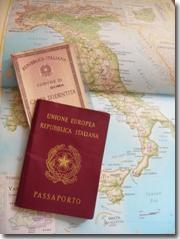A young German woman’s literary dreams ignite amid a world on the brink of upheaval. Her journey reveals the intense struggle between personal ambition and sweeping national change, forging her life and work in an unforgettable era
Browsing: historical context
During a recent summer trip to Russia, I discovered cultural and political divides that run far deeper than the lingering shadows of the Cold War. This East-West divide reveals complex truths shaping modern Russia, upending many common Western perceptions
As tensions soar between India and Pakistan, fears grow over the possibility of a conflict spiraling into a full-scale war. Both nations are ramping up their military strength, while diplomatic relations continue to fray. The world watches with bated breath, anxious about what might unfold.
A courageous Russian survivor of the Leningrad Siege faced a fine for bravely standing up in protest against the war in Ukraine. This act of defiance underscores the escalating tensions within Russia, where those who voice opposition to the conflict are increasingly confronted with harsh legal repercussions.
Amid Spain’s recent critique of Israel’s military actions, it’s essential to delve into the intricate tapestry of historical conflicts. This article invites readers to explore the deeper implications of Spain’s position, encouraging a thoughtful reflection on its own turbulent history.
India’s upcoming census is set to spark fresh discussions as it will include questions about the caste system, a topic that has long been at the heart of societal debates. While critics warn that this move could reinforce existing discrimination, officials maintain that it is a crucial step towards improving social welfare initiatives and ensuring equitable support for all communities.
A recent analysis by Forbes paints a stark picture: if Russia continues its military engagement at the current rate, it could take centuries and result in tens of millions of casualties to conquer Ukraine. This chilling forecast highlights not only the enduring stalemate but also the staggering costs associated with this ongoing conflict
In a world filled with unpredictability, the intriguing question arises: does the United States truly ‘need’ Canada? With their economies deeply connected and a sprawling border uniting them, Canada is becoming an essential partner for the U.S., especially when it comes to security and trade.
Japanese Evangelicalism, once deeply rooted in nationalistic fervor, is now embarking on an exciting journey of transformation as it redefines its identity. This evolution mirrors a significant shift within Japanese society, as it gradually moves away from its historical ties to nationalism and embraces a more inclusive and welcoming perspective on faith.
The Council on Foreign Relations emphasizes the critical need for the U.S. to tread carefully in the complex India-Pakistan conflict. With tensions on the rise, even a small miscalculation could threaten not only regional stability but also vital U.S. interests. This situation highlights the importance of thoughtful and strategic diplomatic efforts.
Pierre Poilievre’s recent remarks on immigration have ignited a lively debate, yet they seem to miss the mark when it comes to Canada’s rich tapestry of diversity and inclusion. Detractors contend that his viewpoint overlooks the essential role immigrants play in shaping the nation’s growth and fostering unity.
Amid rising tensions, Russia’s influence is weaving a complex tapestry that extends well beyond its borders. Through shrewd alliances, economic maneuvering, and deep-rooted cultural connections, it is crafting a hidden empire. This growing reach presents formidable challenges to global stability and the delicate fabric of international relations
Italy’s recent changes to citizenship laws pose a threat to the descendants of Holocaust survivors seeking citizenship. Many fear that new restrictions could jeopardize their claims, raising concerns about the implications for justice and historical redress.
Jon Stewart faced backlash after suggesting that without U.S. economic influence, Germany might revert to its Nazi past. Critics argue his comments oversimplify complex historical dynamics and ignore the strong democratic foundations of modern Germany.
In an era of increasing globalization, Canadians and Americans remain distinct in their cultural identities. This op-ed explores fundamental differences, from healthcare approaches and social policies to attitudes towards multiculturalism and community values, shaping their unique national identities.
In the 1930s, a bold movement sought to merge the US, Canada, and Greenland, envisioning a unified North America. This initiative highlights historical aspirations for regional cooperation, echoing modern discussions on trade, environmental challenges, and cultural ties.
Israel’s intricate relationship with Russia may gain traction if Trump resumes the presidency. As geopolitical dynamics shift, Chatham House suggests that Trump’s approach could enhance strategic cooperation, influencing regional stability and security.
France has issued a symbolic call for the return of the Statue of Liberty to its European roots, emphasizing its significance as a beacon of freedom. However, experts suggest that political, cultural, and legal complexities make such a restoration unlikely.
As perceptions shift, Canada’s traditional alignment with US exceptionalism is diminishing. This trend reflects growing skepticism about American values and policies, prompting Canada to seek a more independent global stance and redefine its own national identity.
“How the film I’m Still Here forces Brazil to face a dictatorship’s legacy – Al Jazeera English” explores the emotional impact of the documentary. It challenges audiences to confront the lingering scars of Brazil’s military rule and the unresolved trauma affecting society today.



